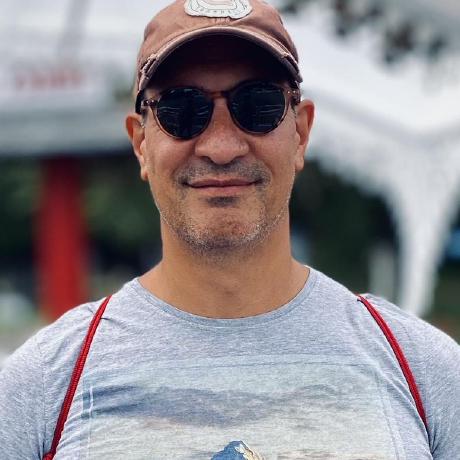Year in Review Template

This is a personal annual retrospective. It is designed as an exercise, which you might work through over several days or weeks at the end of the year. By doing this work, you’ll gain insights that can guide your year to come. Be open, mindful, and gentle — but also honest and rigorous.
1. The first take: reflection
In 5 to 7 sentences, write a “cocktail party summary” on the big picture of the year that was. What were the themes, highlights, and lessons learned?
Recall: landmarks, big occasions, and favorite memories
Look over your trip notes, journal, calendar, or camera roll, and log the significant events of each month.
Honor: express gratitude for the year that was
What are you most grateful for about the year that was? Why?
2. The deeper dive: analysis
Consider your year across these eight pillars:
The foundations of you:
- Physical health, diet, exercise
- Mental health, emotional life, and mindset
The conscious “you”:
- Intellectual life, habits, and learning
- Spiritual life, worldview, and life outlook
You in the world:
- Social life, friends and family
- Home, neighborhood, and environment
Your pursuits:
- Career, vocation, and professional life
- Financial health, earnings, and investments for the future
Wins
What were your most significant achievements? What worked? What should continue?
Lessons
What can be improved? What were the failures? What needs to stop?
What brought joy?
When, where, and on what did you spend your time and relish it? What energized you the most? What were the most valuable uses of your time?
What was a drain?
When, how, and on what did you waste your time? What habits, projects, or people left you feeling drained?
3. Reach back: the previous year
Goals and intentions
What were your plans for this year? How did they turn out?
Observations
What plans were successful? What led to it?
What plans changed? Why?
What plans weren’t successful? What would you have needed to change to make them so?
Integration
Bottlenecks: what, if anything, is holding you back from pursuing your dreams? What, or who, are the bottlenecks to your growth?
Habits: what habits are leading to your success? What habits are leading you astray?
Lifestyle: how would your lifestyle need to change to support your plans?
4. Look forward: onwards to next year
Imagine this time, next year
How would you like to feel at this time next year? If you were to die, what would you want people to say at your wake?
What would demonstrate your growth? What would be the outcomes of your new skills, knowledge, or gains?
If you had a single wish fulfilled, what would it be?
How would you have practiced physical, mental, and spiritual self-care throughout the year?
Envision: intention
What is your intention for the coming year? Make this something that inspires you, that you can remember and recite. It could be two or three keywords.
Envision: goals
What are three big, measurable goals for your coming year? You don’t have to create a plan to make these actionable, yet — just identify the destinations that you’ll be moving towards, and how you’ll know when you reached them.
Envision: support
Consider what you learned in your reach back. How might your lifestyle need to change to accomplish these next goals?
Inspiration and influences for this template come from many sources, including Joe Holder’s Ocho System, Sahil Bloom’s Personal Annual Review, Kirsty Godso’s spicy workouts and inspired thinking about lifestyle changes over chasing goals, and Shankar Vedantam’s Hidden Brain podcast.
